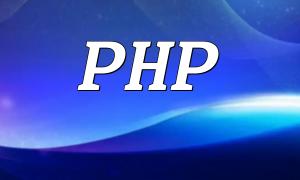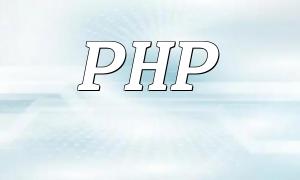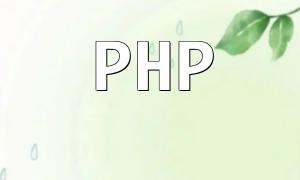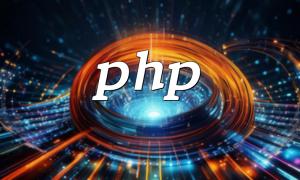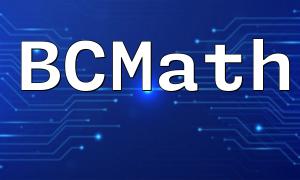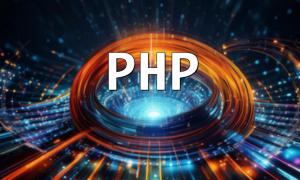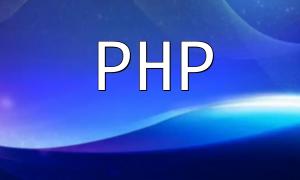Before starting PHP development, choosing the right development tools and frameworks is crucial. Popular PHP frameworks such as Laravel, Symfony, and CodeIgniter not only provide a wealth of features and detailed documentation but also simplify the development process and improve code quality. Selecting the appropriate framework can significantly boost development efficiency and system maintainability.
Database design and query optimization are vital aspects of PHP development. Normalizing data tables, using indexes wisely, and optimizing SQL queries can improve database storage efficiency and response time. Avoiding redundant JOIN operations, simplifying SQL statements, and utilizing caching techniques will further enhance overall performance.
Clear code structure and consistent naming conventions contribute to code readability and maintainability. When writing PHP code, it is recommended to follow unified naming conventions (such as camelCase), and to choose descriptive names for variables and functions. Additionally, modular design, appropriate use of namespaces, and proper class and function design will increase code reusability.
Ensuring application security is a responsibility for every PHP developer. Proper validation and filtering of user inputs to prevent SQL injection, cross-site scripting (XSS), and other attacks should always be prioritized. Utilizing PHP's built-in security functions, encryption techniques, and access control mechanisms can greatly enhance system security.
In PHP development, frontend and backend collaboration is crucial for building efficient features. By designing a rational architecture, frontend and backend development can proceed independently while seamlessly interacting through data exchanges. Using RESTful APIs and optimizing frontend resources through compression, merging, and browser caching can further improve overall performance.
Performance optimization is a critical aspect of PHP development. By implementing efficient caching strategies, optimizing database queries, and reducing unnecessary HTTP requests, you can significantly improve application response times and user experience. Additionally, configuring CDNs appropriately and avoiding redundant calculations can greatly enhance system performance.
In conclusion, PHP development is not just about writing code; it's a systematic process. By choosing the right tools, optimizing databases, enhancing code structure, ensuring security, fostering frontend-backend collaboration, and optimizing performance, developers can greatly improve development efficiency and feature quality. These tips and experiences will undoubtedly help readers learning PHP development and assist in becoming more efficient in everyday development tasks.
